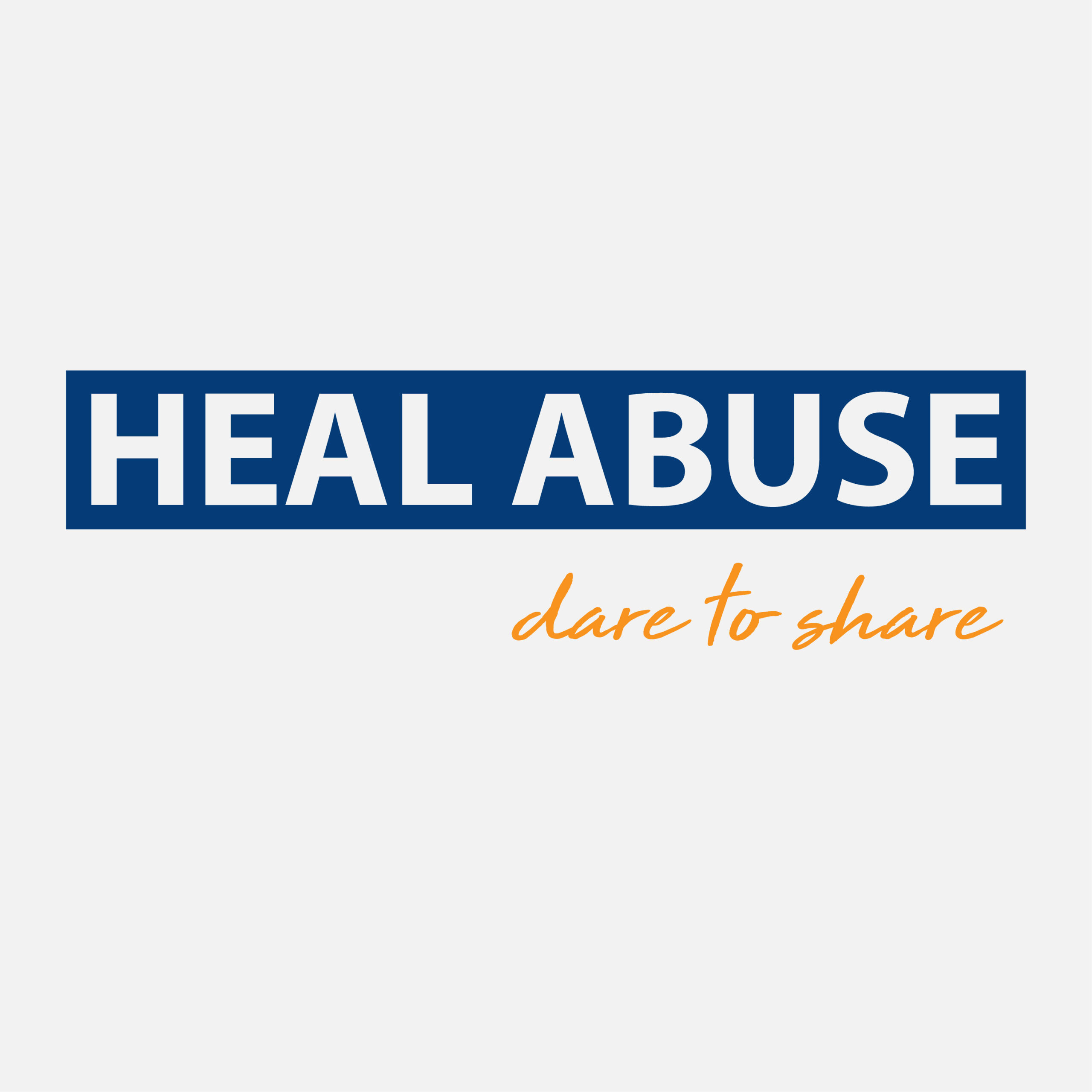10 Red Flags in Dating, How to Spot a Narcissist Early


Written by admin
Everyone should know how to spot a narcissist, before going on a first date.
Knowing what to look out for on those first dates can save you from years of misery with a pathological narcissist. One or two red flags might not mean anything, but if you see many of them, please be on guard, as you may be dating a narc.
Remember, narcissists are experts in showing themselves from the very best side in the beginning, appealing to all your romantic dreams and hopes for the future.
In fairytales, there’s a Prince Charming and a bad guy, but in real life, Prince Charming is often the bad guy.

- Love Bombing: Overwhelming affection and attention too soon.
- Fast Pacing: Rushing into commitment or serious topics early.
- Extreme Idealization: Being placed on a pedestal as a “soulmate” quickly.
- Pressure to Overshare: Urging you to share deep personal details prematurely.
- Manipulation & Control: Subtly dictating your look, activities, and social life.
- Disregarding Boundaries: Deliberately crossing lines you’ve set.
- Over-the-Top Gestures: Grand romantic actions that seem disproportionate.
- Hypersensitivity to Criticism: Responding with defensiveness or anger to any critique.
- Idealizing or Condemning Past Relationships: Either not over an ex or depicting them as entirely bad.
- Inconsistencies & Lies: Small lies or exaggerations about themselves to appear more impressive.

“Nobody can be kinder to you than the narcissist, when you react to life on his terms”
-Elizabeth Bowen

Ten questions to scan for narcissistic traits
When on a first date, gently probing with insightful questions can help you discern potential red flags for narcissistic behaviour. While direct confrontation about narcissism may not be effective (and could provoke defensiveness or manipulation), these subtly crafted questions can provide valuable insights into a person’s character and relationship patterns:
- How do you handle disagreements or conflicts in relationships?
- Look for empathy, understanding, and problem-solving skills.
- Can you tell me about a time you apologized?
- Do you notice any accountability or the ability to admit fault?
- How do you support your friends or partners when they’re going through a tough time?
- Evaluate empathy and the capacity to prioritize others’ needs.
- What’s something you’ve learned from your past relationships?
- Assess introspection and the ability to grow from experiences.
- How do you like to spend your free time? Who with?
- Gauges interests, social connections, and dependence on admiration.
- What are your thoughts on personal development and growth?
- Investigates openness to change and self-improvement.
- Have you ever faced a situation where you were wrong? How did you deal with it?
- Tests the ability to accept responsibility and learn from mistakes.
- How do you celebrate the successes of others?
- Looks for genuine support or hidden jealousy.
- Can you describe a challenge you’ve overcome recently?
- Offers insight into resilience, problem-solving, and potential victim mentality.
- What does a balanced relationship look like to you?
- Checks for understanding and valuing mutual respect and equality.
These questions encourage open dialogue and provide insight into the person’s character, values, and ability to engage in healthy, reciprocal relationships. Pay attention not only to the content of the answers but also to the tone, body language, and what is not being said, as these can also be revealing.
If you have any good tips on questions to ask or red flags in dating to beware of, please share them in the comments, so others can benefit form them.
Related Articles
Related
Narcissists’ Spying and Stalking Tactics
by admin | May 28, 2024 | Uncategorized | 0 Comments
Narcissists' Spying and Stalking TacticsIn the shadowy world of narcissistic abuse, one sinister tactic often employed by narcissists is spying and stalking. These manipulative individuals are not just interested in keeping tabs on you; they aim to control, blackmail, and ultimately destroy your...
The Dangers of Victim Blaming: Are You Contributing?
by admin | Mar 27, 2024 | PREVENTION, Stopping-Victim Blaming, The Victim/Survivor, Witness Family Friend | 0 Comments
Abuse, rape and sexual harassment is not the victims/survivors fault. While it’s good to take responsibility for ones life situation, choices and actions, it should not be put on the victim to be responsible for the abusers actions. The fact that you have been or are being abused is not your...
Unmasking Covert Narcissism, Spotting the Silent Manipulator
by admin | Mar 26, 2024 | ABUSE, The Abuser / Personality Disorders, Uncategorized | 0 Comments
Covert narcissists, often overshadowed by their grandiose counterparts, represent a subtle yet equally destructive form of narcissism. Unlike the overt narcissists who thrive on attention and admiration, covert narcissists are harder to recognize due to their introverted and often self-victimized...
Top 100 traits of abusers
by admin | Mar 26, 2024 | ABUSE, The Abuser / Personality Disorders, Types of Abuse | 0 Comments
Top 100 Traits of Abusers Every relationship between an abuser and a victim is as unique as the DNA of the people involved. Nevertheless, there are some common behaviour patterns. The list below contains descriptions of some of the more common traits of people who suffer from personality...
Uncover the disturbing global Fixation with Virgins
by admin | Mar 20, 2024 | Equality, Sexual Abuse, Stopping-Victim Blaming | 0 Comments
The holy virgin Frighteningly, many men around the world, through thousands of years are perversely drawn to female virgins. This is a trend that unfortunately continues today. Take the Catholic Church, for example, where saints are named priests / bishops / popes / religious / missionaries /...
Various forms of verbal & psychological abuse
by admin | Mar 15, 2024 | ABUSE, Is my Relationship Abusive?, Types of Abuse | 0 Comments
Emotional, verbal, mental and psychological abuse is just as harmful as physical violence, sometimes much worse. Sure, I had heard of physical abuse, and that you have to leave at the first hit. But unfortunately I, like most people, was totally ignorant about emotional/verbal abuse. When my...
How to safely leave an abusive relationship
by admin | Mar 2, 2024 | ABUSE, Leaving safely | 0 Comments
Leaving an abusive relationship can be quite difficult. Victims of abuse often do not realize that they are being abused or they are led to believe that they are the cause of their own abuse. Once you realize that you are being abused and you are ready to leave, you should do so quickly and...
Feminism, Sexism and Rape Culture
by admin | May 19, 2022 | ABUSE, Equality, PREVENTION, Sexual Abuse | 0 Comments
Join "Dare to Share" our community!Informative and Inspiring Texts about Sexual Harrassments, Feminism, Gender Violence Issues, Rape Culture and Feminism....for both Men and Women. These are extremely important issues that effect us all and that we need to start getting informed about and that we...
Music about abuse
by admin | Apr 10, 2022 | ABUSE | 0 Comments
Music was born before mankind to guide us through life. Music, what a great way to share a message, a feeling and an experience. Finding the right song (or songs) at a crucial time in your life can help you get in touch with and clarify your feelings, it can help you put words on how you feel and...